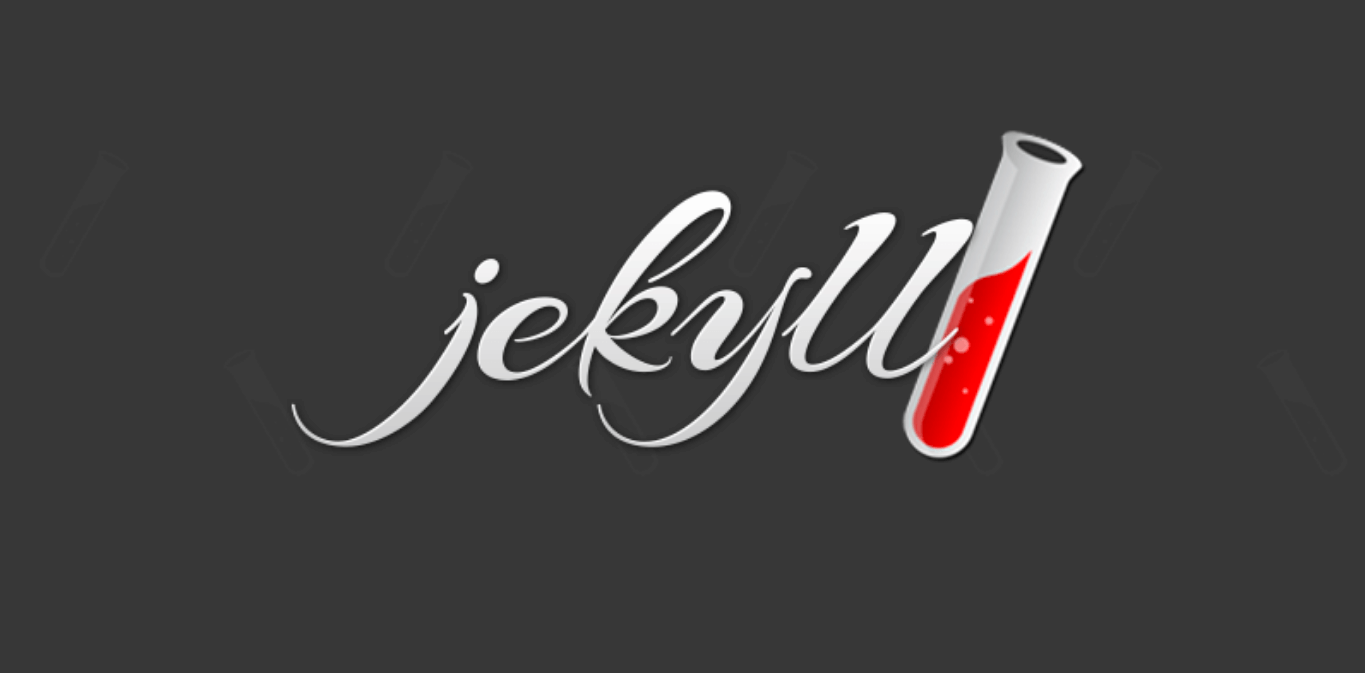

#Install jekyll ubuntu install
Tell Ruby to install Gems locally (so we don’t need sudo) echo 'export GEM_HOME=~/.ruby/' > ~/.bashrcĮcho 'export PATH="$PATH:~/.ruby/bin"' > ~/. Sudo apt-get install build-essential dh-autoreconf -y source ''Īnd then install Jekyll prerequisites: sudo apt-get install ruby-full -y To ensure that I’m using the same Gems that GitHub Pages use, I updated my Gemfile to just reference the github-pages gem. Having a freshly upgraded install of Ubuntu, I thought it was time I got a local copy of Jekyll so I could preview my blog posts. From here, follow the steps as outlined in the Jekyll installation guide. The solution is to jump back to Windows and run wsl -shutdown, then relaunch Ubuntu and it should be happy. The trouble is if you try sudo reboot it will complain that you’re not running systemd and give up. The output of the command should be similar to this one: jekyll 3.0.0. To verify that Jekyll is successfully installed and to find out the version, you can execute the command below: jekyll -v. sudo apt update sudo apt -y upgrade sudo reboot Jekyll requires a working Ruby development environment which includes libraries. Eventually you’ll get to a point where it wants to reboot. To install Jekyll you need to execute the following command: gem install jekyll. Step 1 Install Jekyll on Ubuntu 18.04 / Debian 10 We will start by updating all system packages to the latest releases. Installation of RubyGem, Ruby’s package manager, is at this point.
#Install jekyll ubuntu how to
Running apt-get install ruby2.3 as the process. How to Install Jekyll on Ubuntu 18.04 How to Install and configure Ghost CMS on Ubuntu 16.04 / Debian 9 Your support is our everlasting motivation, that cup of coffee is what keeps us going As we continue to grow, we would wish to reach and impact more people who visit and take advantage of the guides we have on our blog. There’s a few confirmation prompts along the way. How Do I Run Jekyll On Ubuntu I’ll use sudo apt-get update. Which gives us a number of advantages such as, an easy way to install and update the CSS framework. Ubuntu LTS 20.04 just came out, and you can either install into WSL2 from the Windows Store, or if you already had Ubuntu for WSL then you can upgrade that in place using sudo do-release-upgrade -d. We’re using NPM as Vanilla’s package manager.


 0 kommentar(er)
0 kommentar(er)
